After the First World War, the League of Nations was created as a forum for resolving conflicts between the powers of the time. The idea was that from then on competition to divide the planet up between the colonial powers would be managed peacefully. But it was not and is not so.
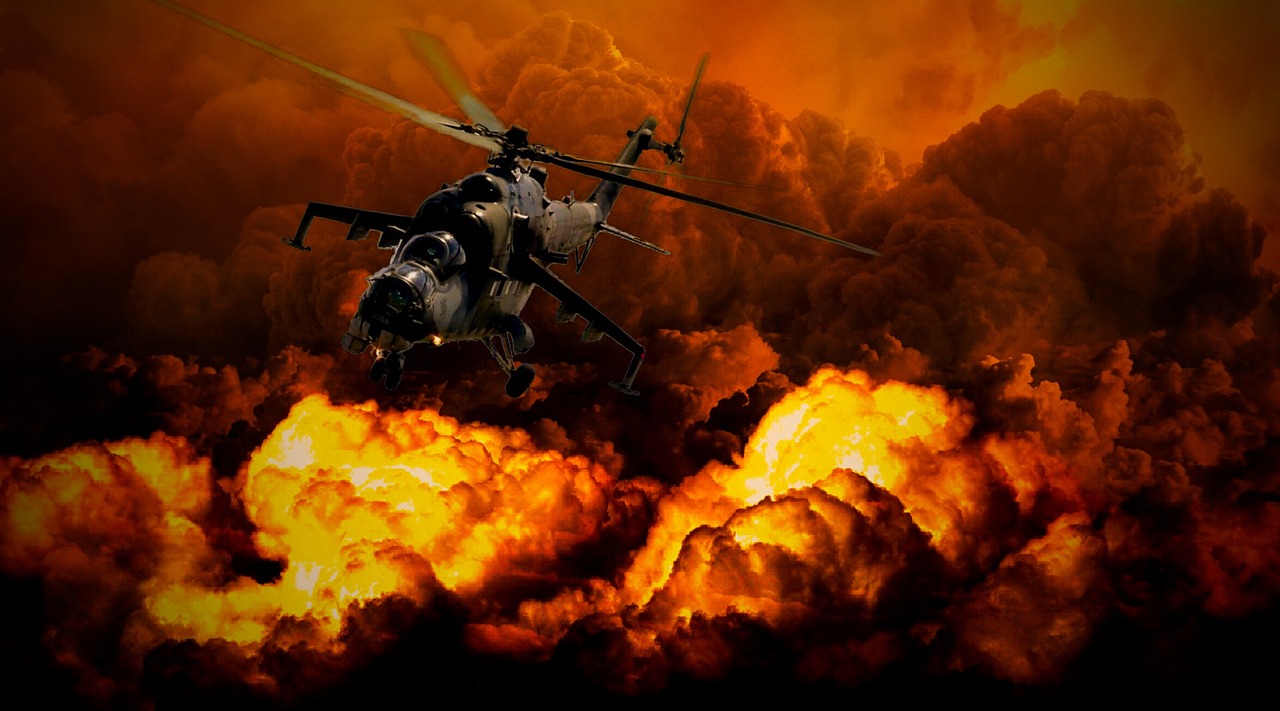 Juan Diego García
Juan Diego García
Such an objective met with enormous difficulties because the capitalist system, given its nature, showed that the traditional battle to divide the world up had not only not been ended but had reappeared in a much more profound way.
The League of Nations failed in its effort to resolve peacefully those contradictions between the colonial powers (traditional and new) and the Second World War became inevitable.
After this new military conflict, the current United Nations (UN) was created which, like its predecessor the League of Nations, was supposed to manage conflicts between countries peacefully. This time, as well as the powers (old and new) many countries from the periphery were included although many forms of colonialism still persisted, something which greatly limited the UN’s democratic nature as the major powers kept certain privileges for themselves (like the power of veto) which in fact assured them of control of the new institution.
So far, the UN has managed to prevent the global competition for spheres of influence from leading to direct war between the great powers but it has failed miserably in its objective to prevent the powers resolving their differences by fomenting wars and all types of conflict in the planet’s periphery.
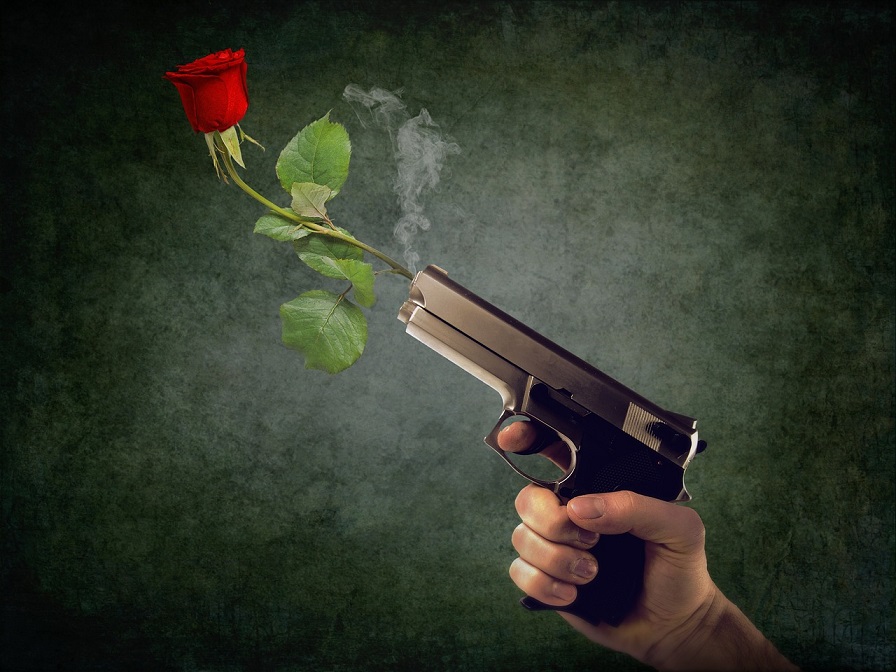 There has not then been a direct confrontation between the powers but they have stirred up and taken advantage of local conflicts with the aim of ensuring their dominance of the markets, the supply of raw materials, control of communications and transport etc.
There has not then been a direct confrontation between the powers but they have stirred up and taken advantage of local conflicts with the aim of ensuring their dominance of the markets, the supply of raw materials, control of communications and transport etc.
So far, there has not been a Third World War but there have been hundreds of conflicts with millions of deaths and displaced people and even new forms of colonialism. One of the most horrendous examples of this new colonialism is westerners’ invasion of Palestine and the creation there of an artificial state, Israel, whose Zionist inspiration (apparently shared by the majority of its inhabitants) coincides in so many respects with the very practices of Nazism.
The UN’s role in this project, inspired – it is argued – by humanist motives, has become almost from the outset a new colonial project with characteristics equal to or worse than those of classic colonialism.
As a sort of “world parliament”, the UN ends up being controlled by the interests of capital, beyond and so often contrary to the majority will of its electorate (in this case, the planet’s nations). All the indications point to that being precisely the fundamental root of its failure. The UN is far from being a democratic body; it does not express the majority will of the world’s population.
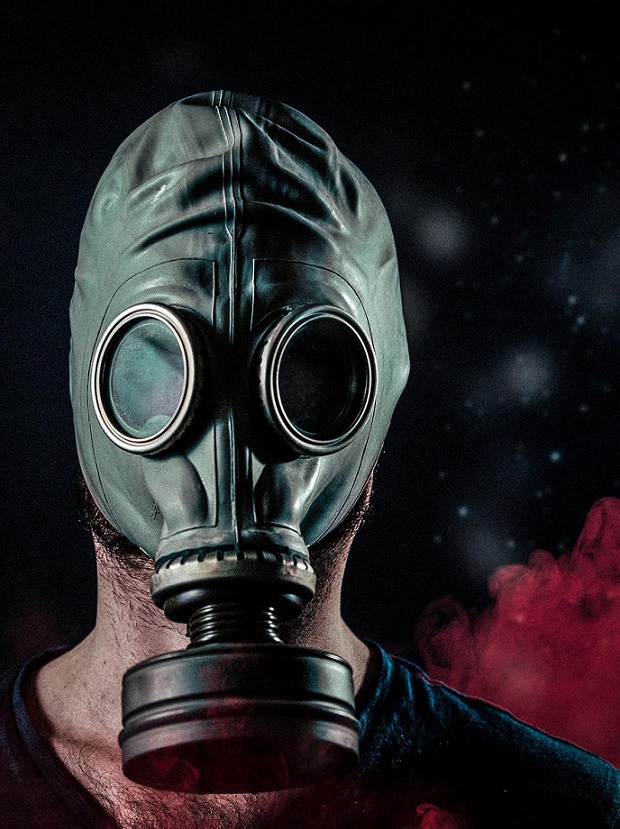 Not only has the UN been incapable of preventing the transfer of conflict between the powers to periphery countries but the course of current events has laid bare its enormous weakness, its enormous inability not just to set itself up as an active manager of world peace but also to impose itself on the many forms and institutions that do have a regulatory function in world events, always in favour of the principal centres of capital. While the UN feels insignificant, the powers of neo-colonialism are taking over.
Not only has the UN been incapable of preventing the transfer of conflict between the powers to periphery countries but the course of current events has laid bare its enormous weakness, its enormous inability not just to set itself up as an active manager of world peace but also to impose itself on the many forms and institutions that do have a regulatory function in world events, always in favour of the principal centres of capital. While the UN feels insignificant, the powers of neo-colonialism are taking over.
The organisation appears then to be powerless when it comes to facing up to its role, parts of which, although formally in its remit, are in practice in the hands of the great powers that control and make decisions on key subjects for their own benefit; some, formally linked to the UN, others that operate independently and on so many occasions against the UN itself, and of course against the interests of the world population.
As an example, institutions like NATO and other similar regional military alliances that operate outside and almost always against the UN’s decisions.
In addition to its enormous inability to be decisive in key matters for world peace, the UN has laboured – since its very founding – with severe limitations on its structure and operation, limitations which assure the great powers of the real exercise of power. Consequently, although almost all the world’s countries are represented in the General Assembly, in practice power is effectively held by the metropolitan countries that control the higher bodies.
They are a minority but they have the power of veto to annul any decision taken in the UN with broad and democratic support. For example, for decades the General Assembly has condemned unreservedly and with an overwhelming majority the United States’ economic aggression against Cuba without that fact obliging Washington to change its policy.
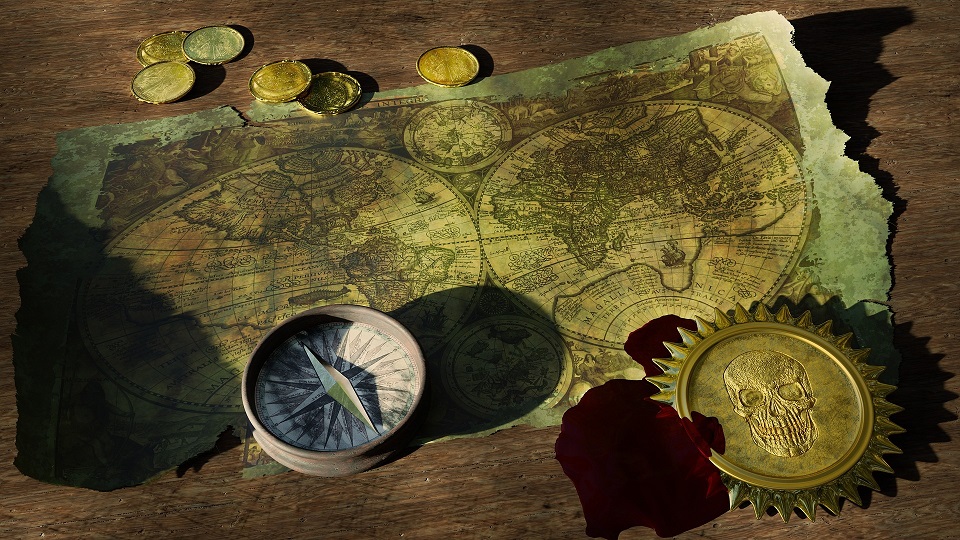 In this and so many other matters what is still the world’s most powerful country (although it is still not known for how much longer) ignores democratic UN decisions that do not suit it, while the institution is powerless to enforce compliance.
In this and so many other matters what is still the world’s most powerful country (although it is still not known for how much longer) ignores democratic UN decisions that do not suit it, while the institution is powerless to enforce compliance.
It will not be the UN, then, that manages to impose peace, but rather a new global correlation of forces that checks the promoters of wars and aggression, either through a radically reformed UN or through a new organisation in a position to impose world peace. Will the League of Nations’ failure be repeated with the UN and is a new world war just around the corner?
It seems only a new global correlation of forces can bring about an agreement for the peaceful co-existence of the traditional powers (the United States, Europe and its lesser allies) and the emerging powers (China and Russia, especially), not just to avoid ending up in a Third World War but to create the necessary conditions to generate a new institution with truly fit-for-purpose and, above all, democratic structures, that annuls the great powers’ so-called “power of veto” and has real control of the economic and political mechanisms that would guarantee that peaceful co-existence for all countries.
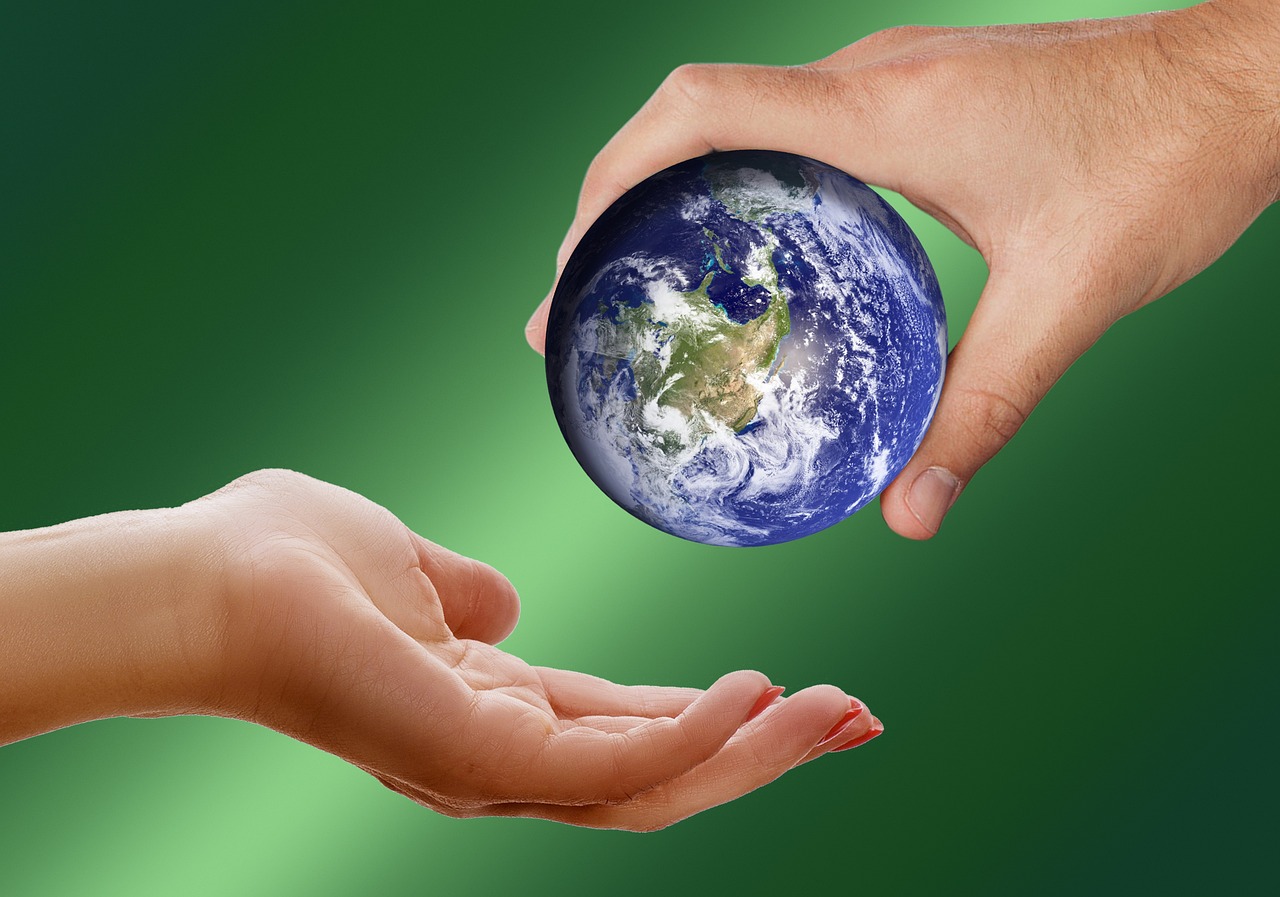 For example, that the current IMF, World Bank, WTO and similar organisations do not operate as administrative offices of global big capital’s interests; that justice can become a reality through effective mechanisms to condemn and punish crimes, not only and exclusively those of small dictators of the periphery (as happens now) and ends the absolute impunity of those responsible for wars of annihilation, all of them leaders of the great powers of capitalism.
For example, that the current IMF, World Bank, WTO and similar organisations do not operate as administrative offices of global big capital’s interests; that justice can become a reality through effective mechanisms to condemn and punish crimes, not only and exclusively those of small dictators of the periphery (as happens now) and ends the absolute impunity of those responsible for wars of annihilation, all of them leaders of the great powers of capitalism.
A hugely topical matter is the possibility that this “world parliament” manages to impose certain checks on economic activity on capitalism to start limiting environmental harm as far as possible and to be able to bring about new forms aligned with the general interest.
The most pessimistic voices state that one way or another the world is heading towards the feared environmental collapse and to direct confrontation between the great powers. It does not seem that a new world war would have to be necessarily a nuclear war, although as always the damage would affect the entire world population. Hopefully they are wrong and we are not currently on the cusp of a repetition of the “mad years” that followed the First World War, with the collapse of the League of Nations, that ended in the Second World War.
(Translated by Philip Walker – Email: Philipwalkertranslation@gmail.com) – Photos: Pixabay












.jpg)












